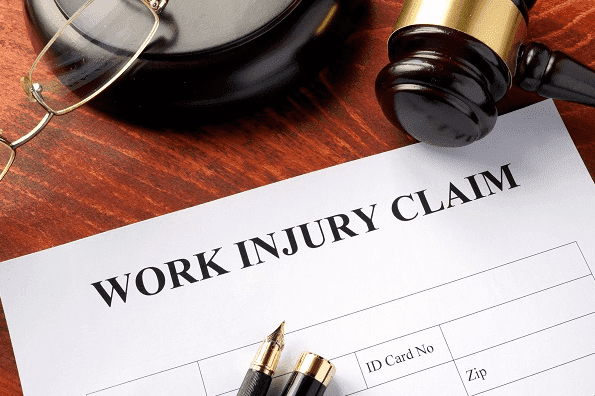Are You Eligible Under The Longshore And Harbor Workers’ Compensation Act (LHWCA) For Compensation For Your Shipyard Injury?

You can probably recite the articles of the Constitution that give you the right to not incriminate yourself, the right to free speech, or the right to bear arms, but how about the constitutional article that dictates which law (federal or state) governs maritime (“admiralty”) cases?
Give up?
It’s Article III of the Constitution.
Article III gives the federal court original jurisdiction over all cases of admiralty or maritime law. As far back as 1789, Congress granted to the district courts exclusive original jurisdiction in civil cases in admiralty and maritime matters.
Why not give that power to the state courts?
Because maritime suits often involved questions of national importance that implicated commerce, international relations, and the rights of foreign citizens. So our founding fathers believed it was better to give this power to the federal government (i.e., courts) rather than the individual states.
So, what does this mini-history lesson mean to you if you work in the shipping or maritime industry?
It means that if you are injured while at work, you generally cannot proceed under your state’s workers’ compensation laws to recover for your injuries. [A point of caution here: this is an oversimplification of the law so that this post can be slightly shorter than War and Peace. As a result, if you work in the maritime industry – either at sea or on land – and believe you may have a claim for your injuries, you should always consult with experienced maritime attorneys.]
Non-sailors and Compensation.
Generally, the federal law that provides workers’ compensation benefits to shipyard and dock workers and other non-sailors/seamen, is the Longshore and Harbor Workers’ Compensation Act (“LHWCA” or the “Longshore Act”).
The LHWCA covers longshoremen and harbor workers, as well as most people who work on docks and in shipping terminals or shipyards. It provides for payment of compensation, medical care, and vocational rehabilitation services to employees that are injured or disabled during the course of their employment. “Injury” for purposes of the LHWCA includes occupational diseases, hearing loss, and illnesses arising out of employment.
Who Can Qualify for Coverage Under the Longshore Act?
Only maritime employees who meet certain “test” requirements can qualify for benefits under the LWHCA. Those two tests are:
- the “status test” and
- the “situs test.”
Status.
The “status test” looks at the employee’s status as a maritime worker. To be eligible for LHWCA benefits, an employee must perform “maritime” work. Only people who actively engage in maritime employment can get benefits under the Longshore Act. So, for example, dock or marina employees who perform exclusively office or secretarial work for a maritime employer do not qualify for benefits under the Longshore Act.
Nor do the captains or crew members of vessels (any type of boat or ship). Instead, the Jones Act applies to these workers.
Situs.
The “situs test” looks at where the maritime employee was working. Only maritime employees who work on, near, or adjacent to navigable water are covered under the Longshore Act. The terms, “on, near, or adjacent to navigable water” have legal meanings and limitations. Generally, to be eligible, you must be working within a mile or so of the water or the shipyard or terminal.
Again, however, these laws are far more complex than can be set out here, so please consult an experienced maritime attorney to learn more.
Jobs in the shipping industry can be dangerous. If you are injured while working, you deserve to be compensated.
Louisiana Maritime Attorneys.
If you are injured while working in the shipyards or docks and need to know your rights, call us. We are experienced maritime and personal injury attorneys who fight hard to get our clients the compensation they deserve. We offer FREE consultations. We have offices in Baton Rouge and we serve Baker, Denham, Gonzales, Port Allen, Prairieville, New Orleans, and Zachary. Call 225-200-0000 ToDay to schedule your free consultation or contact us here.
Contact Us
Day Law Group Office Location
Contact Us
Choose Day Law Group
Fields marked with an * are required
"*" indicates required fields



